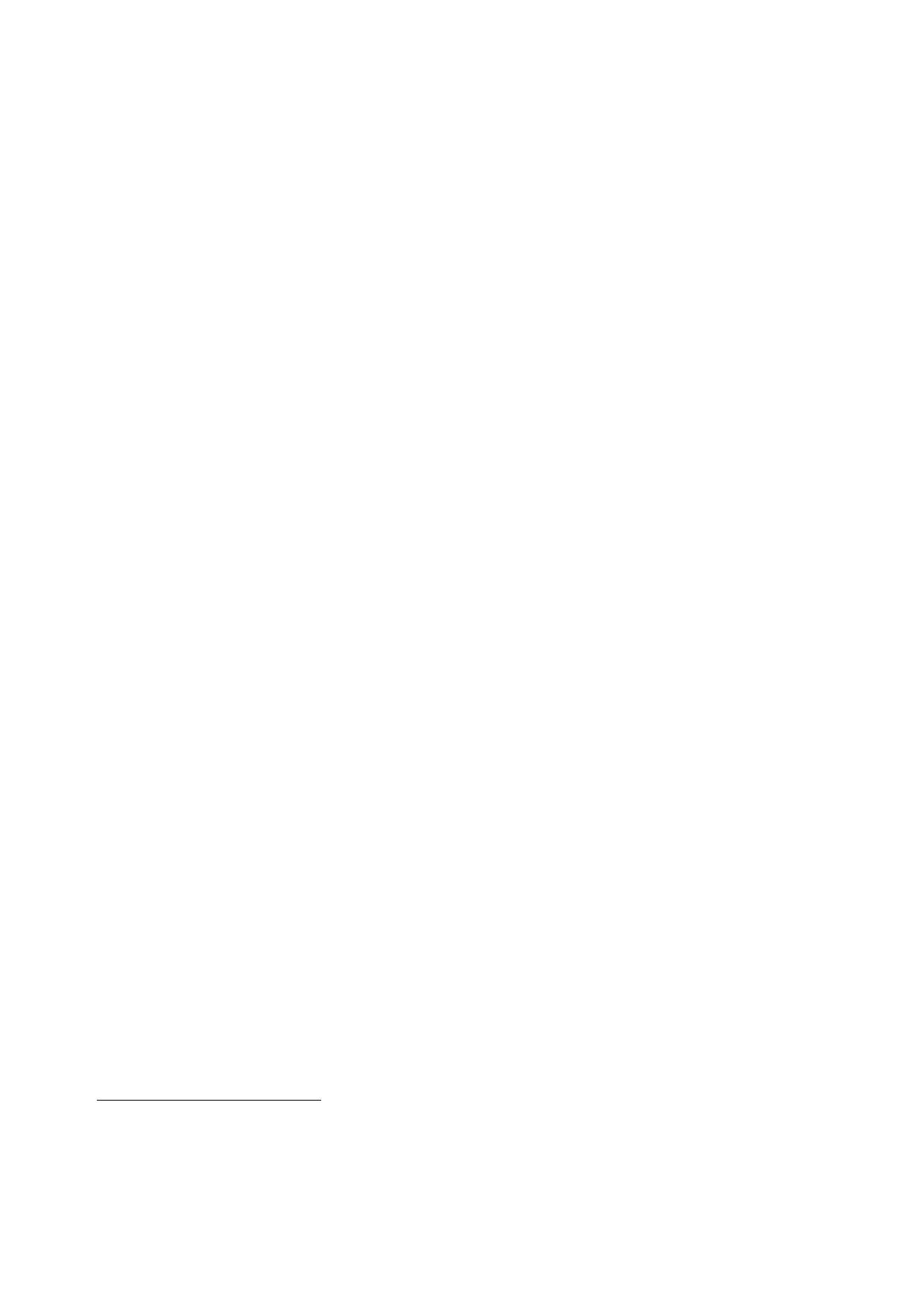
1.1 | UK
Iraq strategy 1990 to 2000
421.
UNSCOM and
IAEA inspectors returned to Iraq on 21 November
1997.164
422.
At the request
of the Security Council, the members of UNSCOM convened
an
emergency
session on 21 November to discuss and advise on “ways to make
the work
of the
Commission more effective”.165
The outcome
of the discussion was reported to the
President
of the Security Council the following day.
423.
In relation to
nuclear weapons, the members of the Commission understood,
from
a
presentation made by the IAEA, that:
“… if the
few clarifications required from Iraq in paragraph 75 of the IAEA
report
[of 8 October]
are satisfactorily provided, and if Iraq were to co-operate in the
use
of fixed-wing
aircraft within Iraq for monitoring purposes, IAEA would have a
basis
for an
early favourable report to the Security Council.”
424.
In relation to
ballistic missiles and chemical weapons, the report
identified
priorities as:
•
clarification
of and accounting for Iraq’s indigenous production of
proscribed
missiles,
conventional and special missile warheads, and major missile
parts;
•
the extent
of Iraq’s efforts to produce and weaponise VX;
•
the
material balance of chemical munitions which Iraq declared had
been
destroyed
during the 1991 Gulf Conflict; and
•
the
material balance of equipment procured by Iraq for production of
chemical
weapons.
425.
In relation to
biological weapons, the Security Council was advised to urge
Iraq
to overcome
the deficiencies in its declarations that had been identified in
UNSCOM’s
October
report.
426.
The members of
the Commission also:
•
took note
of Iraq’s systematic concealment activities which had a direct
effect on
its ability
to fulfil its mandate, but no details were provided;
•
emphasised
that access was fundamental to its ability to accomplish its
tasks
and that
greater clarity was needed in the reconciliation of Iraq’s
legitimate
concerns in
respect of national security, sovereignty and dignity and the
full
practical
application of UNSCOM’s mandate;
•
suggested
that UNSCOM staff should continue to document all examples of
Iraqi
efforts to
frustrate their work;
164
UN Security
Council, 24 November 1997, ‘Emergency session of the United
Nations Special
Commission
established under paragraph 9 (b) (i) of Security Council
resolution 687 (1991)’ (S/1997/922).
165
UN Security
Council, 24 November 1997, ‘Emergency session of the United
Nations Special
Commission
established under paragraph 9 (b) (i) of Security Council
resolution 687 (1991)’ (S/1997/922).
99
